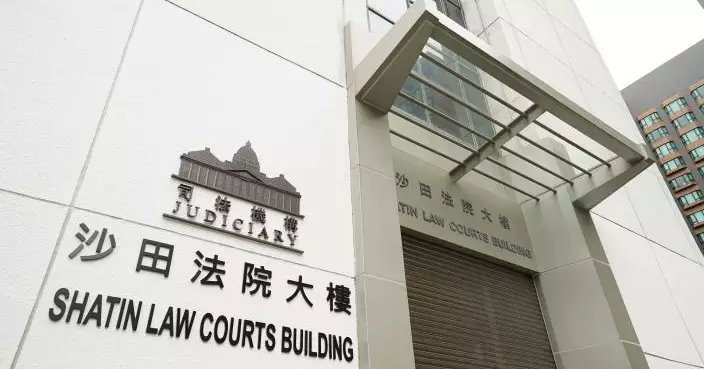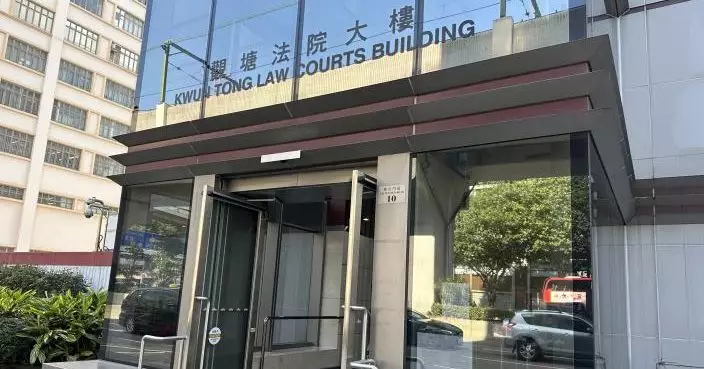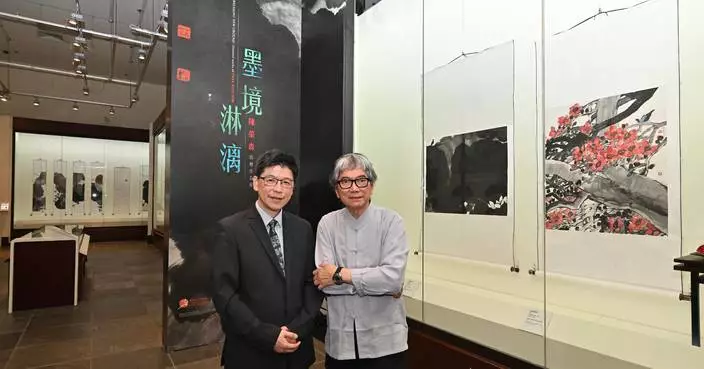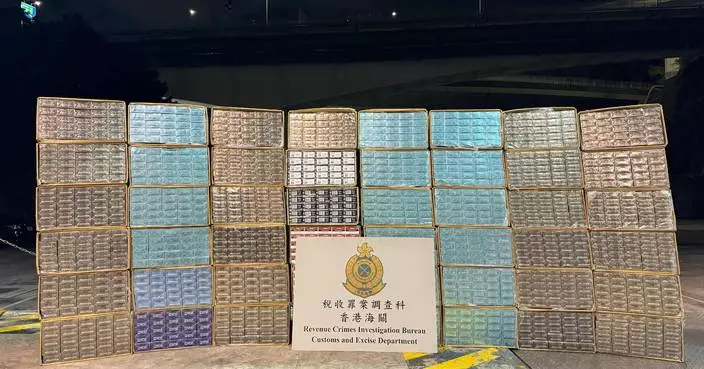Ensuring quality: inspection of japanese aquatic imports
In response to the Japanese Government's plan to discharge nuclear-contaminated water at the Fukushima Nuclear Power Station, the Director of Food and Environmental Hygiene issued a Food Safety Order which prohibits all aquatic products, sea salt and seaweeds originating from the 10 metropolis/prefectures, namely Tokyo, Fukushima, Ibaraki, Miyagi, Chiba, Gunma, Tochigi, Niigata, Nagano and Saitama, from being imported into and supplied in Hong Kong.
For other Japanese aquatic products, sea salt and seaweeds that are not prohibited from being imported into Hong Kong, the Centre for Food Safety (CFS) of the Food and Environmental Hygiene Department will conduct comprehensive radiological tests to verify that the radiation levels of these products do not exceed the guideline levels before they are allowed to be supplied in the market.
As the discharge of nuclear-contaminated water is unprecedented and will continue for 30 years or more, the Government will closely monitor and step up the testing arrangements. Should anomalies be detected, the Government does not preclude further tightening the scope of the import ban.
From noon on April 17 to noon today (April 18), the CFS conducted tests on the radiological levels of 109 food samples imported from Japan, which were of the "aquatic and related products, seaweeds and sea salt" category. No sample was found to have exceeded the safety limit. Details can be found on the CFS's thematic website titled "Control Measures on Foods Imported from Japan" (www.cfs.gov.hk/english/programme/programme_rafs/programme_rafs_fc_01_30_Nuclear_Event_and_Food_Safety.html).
In parallel, the Agriculture, Fisheries and Conservation Department (AFCD) has also tested 50 samples of local catch for radiological levels. All the samples passed the tests. Details can be found on the AFCD's website (www.afcd.gov.hk/english/fisheries/Radiological_testing/Radiological_Test.html).
The Hong Kong Observatory (HKO) has also enhanced the environmental monitoring of the local waters. No anomaly has been detected so far. For details, please refer to the HKO's website
(www.hko.gov.hk/en/radiation/monitoring/seawater.html).
From August 24 to noon today, the CFS and the AFCD have conducted tests on the radiological levels of 43 708 samples of food imported from Japan (including 28 745 samples of aquatic and related products, seaweeds and sea salt) and 11 782 samples of local catch respectively. All the samples passed the tests.

Source: AI-generated images
Stay safe in stormy weather: important electrical safety tips for employers, contractors, and employees
As the rainstorm warning has been issued by the Hong Kong Observatory, the Labour Department (LD) reminds employers and contractors that they should adopt necessary work arrangements and take suitable safety measures to protect the safety of their employees when they are carrying out electrical work or handling electrical plant.
A spokesman for the LD said today (May 1) that employers and contractors should avoid assigning employees to carry out electrical work (like electric arc welding work) or handle electrical plant at places affected by rainstorms, and should refer to the "Code of Practice in times of Typhoons and Rainstorms" and the "Guide on Safety at Work in times of Inclement Weather" issued by the LD.
Even if electrical work is carried out or electrical plant is handled at places not affected by the rainstorm, suitable safety measures must still be adopted to prevent electric shock as the air would be more humid. Such measures include:
(i) Ensure that all live parts of an electrical installation are isolated from the power supply source and rendered dead, and the isolation from the power supply source must be maintained as long as electrical work is being carried out;
(ii) Before carrying out any electrical work or handling any electrical plant, cut off and lock out the power supply source, then test the circuit concerned to confirm it is dead and display suitable warning notices, and issue a work permit thereafter;
(iii) Ensure that protective devices (such as suitable and adequate fuses and circuit breakers) for the electrical installations or electrical plant have been installed and maintained in good working order, and portable electric tools must be double-insulated or properly earthed;
(iv) Provide suitable personal protective equipment such as insulating gloves and insulating mats for employees; and
(v) If live electrical work is unavoidable, a comprehensive risk assessment should be conducted by a competent person and the appropriate safety precautions should be taken to remove or properly control the electrical hazards involved before such work can proceed.
In addition, employees should co-operate with the employer or contractor to follow the safety instructions and use the safety equipment provided.
The LD has published guidebooks and leaflets on electrical work safety. These safety publications are available free from divisional offices of the department or can be downloaded from its website (www.labour.gov.hk/eng/public/content2_8.htm).
Should there be any questions about occupational safety and health matters, please contact the Occupational Safety Officer of the LD at 2559 2297.

Source: AI-generated images










